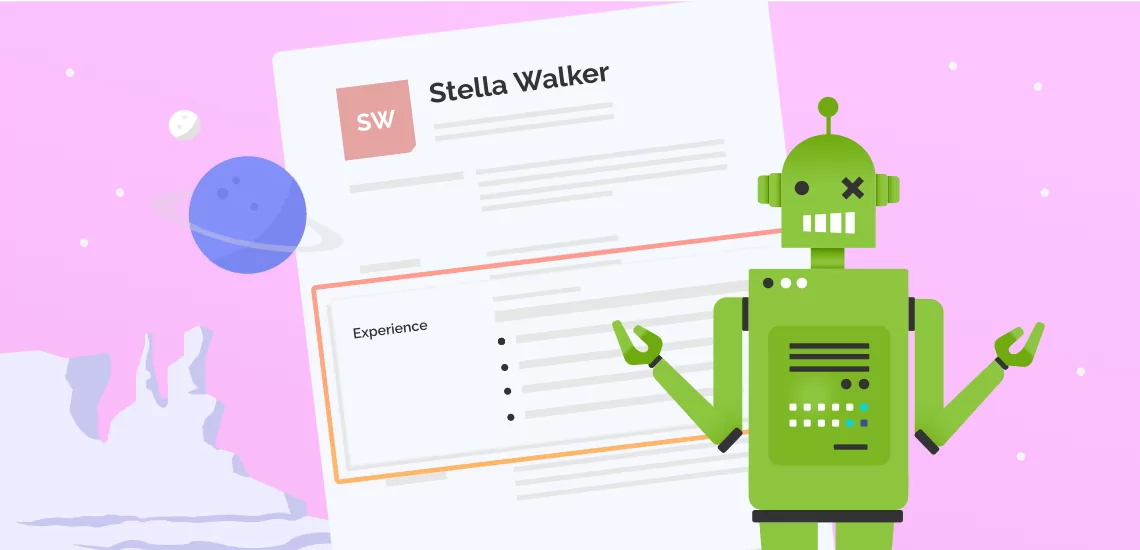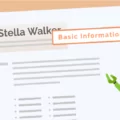A gap in your employment can be an important topic during a job interview. Here’s how you should approach your employment gaps.

Tips for Explaining Gaps in Employment in a Job Interview
Gaps in Employment
When writing down your employment history, one thing that might become immediately obvious is any gaps in your employment dates. Work history is an extremely important part of any resume, and if there’s a missing chunk of time between one job and the next, a hiring manager is likely to notice that and ask about it in a job interview. Here’s what you need to know about how to explain gaps in employment.
What Is a Gap in Your Employment?
A gap in your employment history exists any time you were unemployed for an extended period. This can happen any time you leave a job without an immediate or near-immediate job lined up to jump to. Typically, an employer will only take note if you were unemployed for longer than about three months; shorter than three months, and an employer may not find it interesting enough to mention.
Why Interviewers Ask About Gaps in Your Employment
As you might have already assumed, a recruiter isn’t asking about gaps in your employment just because they’re suspicious of you or because they need more interview questions. There are good reasons why this might be impactful to your job search.
First of all, a hiring manager wants to better understand your motivations as an employee. After all, that’s a big part of the interview process in general. The way you answer questions about employment gaps may be a red flag, or it may show that you’re right for the job.
Additionally, if you have a significant gap in your resume, then there’s typically a reason for it. Your resume gap can give some insight into who you are as a person. A person who has a gap because they were a caregiver for someone with health issues might be a different case than someone who has a gap because they were previously in an industry that became obsolete because of technology.
Lastly, a hiring manager wants to know that you’re ready for your next job. An employment gap can impact how you feel about your professional development, especially if the employment gap was right before you applied for this job. Explaining this employment gap can show that you’re ready for the job market.
Tips for Addressing Employment Gaps
When the hiring manager asks, “So, I noticed you have a two-year gap in your work experience. What happened?” you need to have an answer ready to go. Here’s how to craft your response to discuss this section of your resume more effectively.
Provide a specific reason for the employment gap.
First of all, you need to state why the employment gap even exists on your resume. Why were you unemployed for that period of time? Here are a few common reasons:
- Being made redundant or laid off
- Company issues
- Changing careers
- Returning to school
- Moving
- Personal reasons
- Being fired
Layoffs happen, and employers understand that many of these situations aren’t your fault. Remember, you don’t need to assume that your potential employer is asking this out of suspicion; they’re probably just genuinely curious.
Talk about what you did during the employment gap.
Next, it’s a good idea to shift attention to what you were doing while you weren’t working full-time. Were you pursuing certifications? Were you helping a family member? Were you doing volunteer work? Were you just taking a career break or a short sabbatical to focus on yourself? All of these are completely valid ways to spend a period of time where you’re not working.
Focus on how you’ve improved since the employment gap.
Next, tie this employment gap back to where you are today. You can cite some skills you gained during your career gap or discuss career advice that made you decide to get back into the job market. Generally, you’re trying to convince the hiring manager that your career gaps are not a problem and that you’re just as great of a choice for this job as any other job seeker.
FAQ: Gaps in Employment
They can. Some hiring may be concerned about these gaps indicating unemployability as a whole. However, hiring managers also know that there are many reasons for employment gaps, and not all of them are bad. One way you can get to the job interview process in the first place is by explaining your employment gaps in your cover letter. Use the cover letter builder from ResumeNerd to build a cover letter that helps explain these gaps before the interview, so you can get to that stage.
Potentially. The longer an employment gap, the more likely a hiring manager is going to ask about it, and the more likely you’ll need to answer questions about it. However, even very long employment gaps can have a good reason behind them. As long as you follow the above tips for discussing employment gaps when applying for a new job, you’ll be ready to address any employment gap length.
Sometimes. If your employment gap was very short, less than a year, then you might be able to make it less obvious by adjusting how you list dates of employment in your experience section. Just list years instead of listing months. This can be a great way to fudge a very short employment gap. You can also try changing your resume format. The functional resume format may be a better way to show off a resume with employment gaps rather than the experience-forward chronological resume format.








